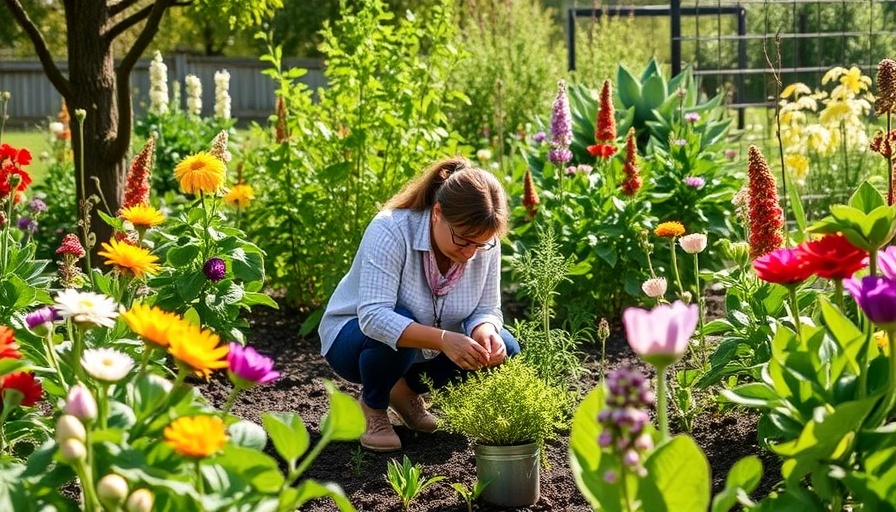
Understanding the Need for Compassion in Our Communities
As human beings, we often experience struggles, whether emotional or physical. Compassion is the vital force that can bridge us through these struggles, fostering a sense of community and connection. In South Africa, where issues like youth crime and health crises like HIV are prevalent, cultivating a garden of compassion in our hearts is more important than ever. By understanding each other's struggles, we create a strong network of support that can uplift individuals and families alike.
Roots of Mindfulness: Embracing Self-Compassion
Mindfulness is a powerful tool that enables us to practice self-compassion. It invites us to pause and reflect upon our feelings rather than rush through our daily challenges. This practice enhances mental health by allowing us to better manage stress and emotional pain. When we apply mindfulness to understanding our own experiences, we also become more empathetic towards the suffering of others. Engaging in meditation regularly can serve as a grounding technique, empowering us to respond to life’s challenges with resilience and a compassionate heart.
Creating Safe Spaces for Sharing
It is essential to create spaces where individuals can share their stories without judgment. This approach is particularly valuable for youth, victims, and families facing hardships. Schools and community centers can offer programs that encourage dialogue about mental health, stress reduction, and resilience. These safe havens promote open discussions about emotions and experiences, fostering connections that can lead to healing and growth. Moreover, featuring guest speakers, such as mental health professionals, can provide actionable insights that demystify therapy and empower individuals to seek help.
Benefits of a Compassionate Community
Fostering compassion in our communities doesn’t just benefit individuals; it creates a ripple effect of positivity. Engaged communities witness reductions in violence and crime as people become invested in each other’s well-being. Additionally, when we cultivate compassion, we enhance collective resilience — the ability to overcome obstacles and adapt to change. This resilience is crucial in places where challenges seem overwhelming, allowing communities to thrive instead of merely survive.
Mindful Actions: Steps Towards Compassion
What can you do to plant seeds of compassion within your community? Here are some suggestions:
- Practice Active Listening: Show genuine interest in others’ experiences and feelings, giving them space to be heard.
- Engage in Volunteer Work: Participate in programs that support those in need; your time and resources can make a significant difference.
- Be an Advocate: Stand up for issues affecting your community, whether through raising awareness or participating in local initiatives.
- Take Care of Yourself: Nurture your own mental health through mindfulness and self-care, so that you can be present for others.
Conclusions: The Beauty of Cultivating Compassion
As we journey through life, the compassion we cultivate in our hearts can blossom into a beautiful garden. This garden not only nurtures our mental health but also grows a community where everyone supports one another through life's challenges. Let’s plant these seeds of compassion, spread love, and create a vibrant community, especially in our beloved South Africa. Together, we can foster resilience and harmony for all, paving the way for brighter tomorrows.
 Add Row
Add Row  Add
Add 




Write A Comment